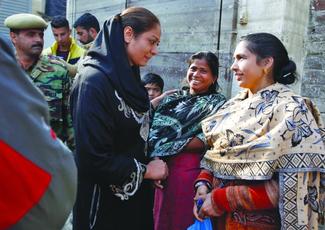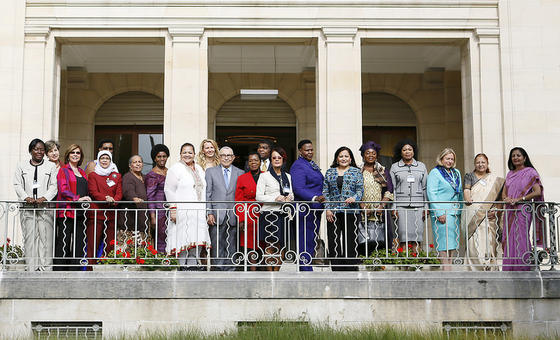- ImpactWe help parliaments to become greener and to implement the Paris agreement.We support democracy by strengthening parliamentsWe work to increase women’s representation in parliament and empower women MPs.We defend the human rights of parliamentarians and help them uphold the rights of all.We help parliaments fight terrorism, cyber warfare and the proliferation of weapons of mass destruction.We encourage youth participation in parliaments and empower young MPs.We support parliaments in implementing the SDGs with a particular focus on health and climate change.
- ParliamentsNearly every country in the world has some form of parliament. Parliamentary systems fall into two categories: bicameral and unicameral. Out of 190 national parliaments in the world, 78 are bicameral (156 chambers) and 112 are unicameral, making a total of 268 chambers of parliament with some 44,000 members of parliament. IPU membership is made up of 180 national parliaments
Find a national parliament
We help strengthen parliaments to make them more representative and effective. - EventsVirtual eventThe International Court of Justice (ICJ) was constituted under the United Nations Charter to help nations settle disputes peacefully in accordance with international law.
- Knowledge
Discover the IPU's resources
Our library of essential resources for parliamentsGlobal data for and about national parliamentsLatest data and reports about women in parliamentResolutions, declarations and outcomes adopted by IPU MembersRecent innovations in the way parliaments workThe latest climate change legislation from the London School of Economics' database
Women in parliament
While more women than ever are being elected to parliaments around the world, equality is still a long way off, and current progress is far too slow. Most parliaments are still heavily male-dominated, and some have no women MPs at all.
Women running for election face numerous challenges—including addressing discrimination or cultural beliefs that limit women’s role in society, balancing private, family and political life, gaining support from political parties and securing campaign funding.
They may also face violence, harassment and intimidation. Some women may even be dissuaded from running for office, leaving men in the positions of power.
Change is possible if political commitment and adequate legal and policy frameworks are in place to provide a level playing field for both women and men.
We support policies aimed at improving women’s access to party backing and candidate lists, including electoral reforms or the development of temporary special measures such as quotas.
Our publications, standards and guidelines give parliaments clear goals and examples of best practice. We can provide technical assistance and training to promote equality and strengthen legal frameworks where necessary.
Our research provides invaluable statistics and makes us a global reference point for women in parliament, especially our monthly ranking of women in parliament.
We were the first organization to provide platforms for women MPs to meet and exchange ideas and experiences at a global level through the IPU Forum of Women Parliamentarians.
The IPU partners with International IDEA and Stockholm University in running a global database on gender electoral quotas, which provides country-specific data on existing mechanisms to ensure women’s participation in parliaments.

In this section
Women speakers have shaped their parliaments, both in the way they operate and in their outputs. Photo: © IPU
While the number of women in parliaments grew at a remarkably slow pace throughout the 20th century, that of women presiding over parliament has grown at an even slower pace. The Austrian parliament was the only one to have a





